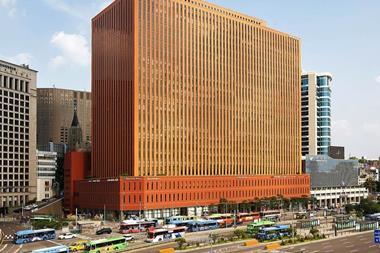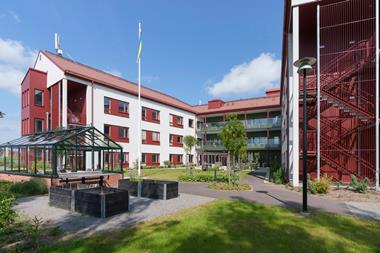GLOBAL - The International Monetary Fund (IMF) has warned the real estate sector in the emerging markets will not be immune from the global credit crisis, contrary to the prediction of many analysts.
Singling out Brazil, one of the so-called BRIC countries which comprise the largest and most-rapidly developing emerging markets - Brazil, Russia, India and China - the IMF said growth would slow from the 5-6% rate the South American giant has enjoyed in recent years to some 3.5% in 2009.
"No country is immune to the credit crunch," said Dominique Strauss-Khan, managing director of the IMF and former prominent French politician and cabinet member.
"Six months ago some analysts were claiming that emerging countries would be immune from the financial crisis. We did not believe these arguments and we have always said no part of the world was immune. There may be some delay or some decrease in the strength of the waves which hurt the emerging countries, but there will be some consequences," he added.
Although the IMF said the decline in Brazil is likely to have a major impact on its growing property market, its own analysts do not expect a collapse as Brazil continues to have strong economic fundamentals and its growth rate remains positive and relatively high compared with developed nations in better economic conditions where a growth rate of 3.5% would be considered high.
The IMF has advised Brazil to continue to develop the economic policy it has pursued for some years now which has allowed it to build high levels of reserve.
"Brazil is an economy in good shape. But even in good shape, the effect of the downturn in global growth will have consequences," Strauss-Kahn commented.
That said, the IMF said it feared growth rates in developed nations were putting pressure on emerging markets to retain a level of resistance to further decline.
The IMF predicted with the developed world experiencing growth rates of 0% or less, the emerging markets would be responsible for all the world's economic growth until developed markets begin to recover at the end of 2009.












